Although many localities in the country have pho, pho has long been associated with the lives of Hanoi people, becoming a popular snack, associated with the customs and culinary culture of Hanoi. Recently, Hanoi pho has been listed as a National Intangible Cultural Heritage.
The Ministry of Culture, Sports and Tourism has just issued Decision No. 2328/QD-BVHTTDL to include Hanoi pho in the National Intangible Cultural Heritage List.
Previously, the Hanoi People's Committee submitted a proposal to list Hanoi's pho folk knowledge as a national intangible cultural heritage. According to the Hanoi City proposal, the subjects of pho are individuals and families who directly practice and possess the knowledge, skills, techniques, and secrets of making pho; passed down through many generations, demonstrating the continuity of the recognized identity and brand. In addition, there are also pho-enjoying communities. As of 2023, there are nearly 700 pho shops in Hanoi, mainly concentrated in the districts of Ba Dinh, Hoan Kiem, Cau Giay, Dong Da, Hai Ba Trung, Thanh Xuan, and Long Bien. Traditional pho brands (with more than 2 generations of making pho) often specialize in selling beef pho or chicken pho, mainly concentrated in Hoan Kiem, Ba Dinh, and Hai Ba Trung districts. Many historical documents record that the dish "Pho" in Hanoi was born in the early 20th century. From 1907 to 1910, Pho was originally a street food, carried and sold throughout the streets of Hanoi. There are many different opinions about the origin of "Pho" today, with three popular hypotheses: Pho originated from the French dish pot-au-feu; Pho originated from the Chinese dish Ngưu nhuc phan; and Pho originated from the Vietnamese dish bún xao trau (buffalo noodle soup). In fact, the process of forming Pho was the creativity of many people, of the community associated with the social, historical, and cultural context of the early 20th century in Hanoi. The French had the habit of eating beef, so in Hanoi there were places specializing in providing beef. In the cow, only the good meat was selected to make food for the French, the bad meat was sold very little, the bones were almost thrown away, because Hanoians in particular and Vietnamese people in general were not used to eating beef. Vietnamese people are hard-working, intelligent and thrifty by nature, so it is very possible that the sellers of buffalo noodle soup replaced buffalo bones with beef bones to save costs and used shredded vegetarian rice rolls instead of noodles because at that time, vegetarian rice rolls (or raw rice rolls) were a very popular dish with a cheap price. The Vietnamese beef and sliced rice rolls were adjusted by the Chinese in terms of cooking techniques, adding spices to make them more delicious and they carried them to sell on all the streets. Gradually, the Vietnamese made adjustments, monopolized the sale of pho and pho became a popular dish in Hanoi. Although many localities in the country have pho, pho has long been associated with the lives of Hanoians, becoming a popular snack. The need to regularly enjoy pho of Hanoi people has affected the cooking techniques of pho restaurant owners, making Hanoi pho more delicious. Pho also shows the sophistication of Hanoi people not only in cooking but also in enjoying. Culinary experts, researchers, writers and poets all admit that: Pho is a special gift of Hanoi, not only in Hanoi, but because it is only delicious in Hanoi. Currently, pho has become a world-famous dish, highly appreciated by domestic and international tourists. It is expected that Hanoi will promote propaganda and promotion; research, collection; planning cultural spaces to practice heritage; build a map of pho Hanoi to introduce delicious pho shops to tourists... Source: https://giadinh.suckhoedoisong.vn/pho-ha-noi-tro-thanh-di-san-van-hoa-phi-vat-the-quoc-gia-172240813143655145.htm

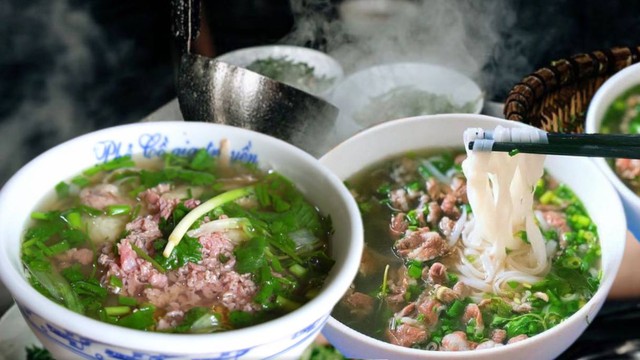
![[Photo] Closing of the 4th Summit of the Partnership for Green Growth and the Global Goals](https://vstatic.vietnam.vn/vietnam/resource/IMAGE/2025/4/17/c0a0df9852c84e58be0a8b939189c85a)
![[Photo] Nhan Dan Newspaper announces the project "Love Vietnam so much"](https://vstatic.vietnam.vn/vietnam/resource/IMAGE/2025/4/17/362f882012d3432783fc92fab1b3e980)
![[Photo] National Assembly Chairman Tran Thanh Man meets with outstanding workers in the oil and gas industry](https://vstatic.vietnam.vn/vietnam/resource/IMAGE/2025/4/17/1d0de4026b75434ab34279624db7ee4a)
![[Photo] General Secretary To Lam receives French Ambassador to Vietnam Olivier Brochet](https://vstatic.vietnam.vn/vietnam/resource/IMAGE/2025/4/17/49224f0f12e84b66a73b17eb251f7278)

![[Photo] Promoting friendship, solidarity and cooperation between the armies and people of the two countries](https://vstatic.vietnam.vn/vietnam/resource/IMAGE/2025/4/17/0c4d087864f14092aed77252590b6bae)




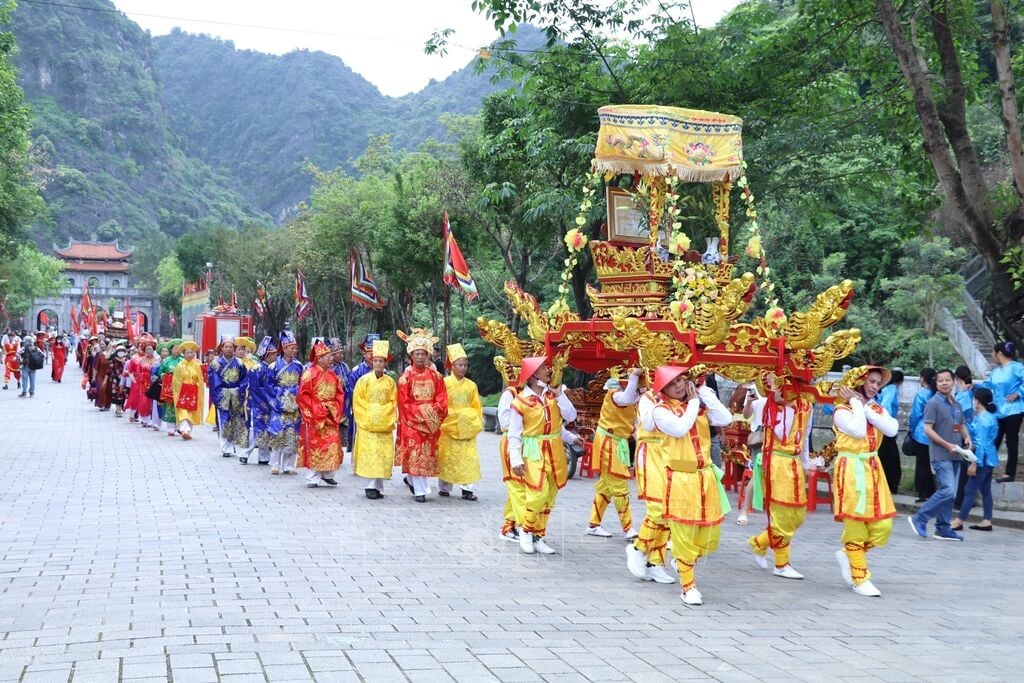

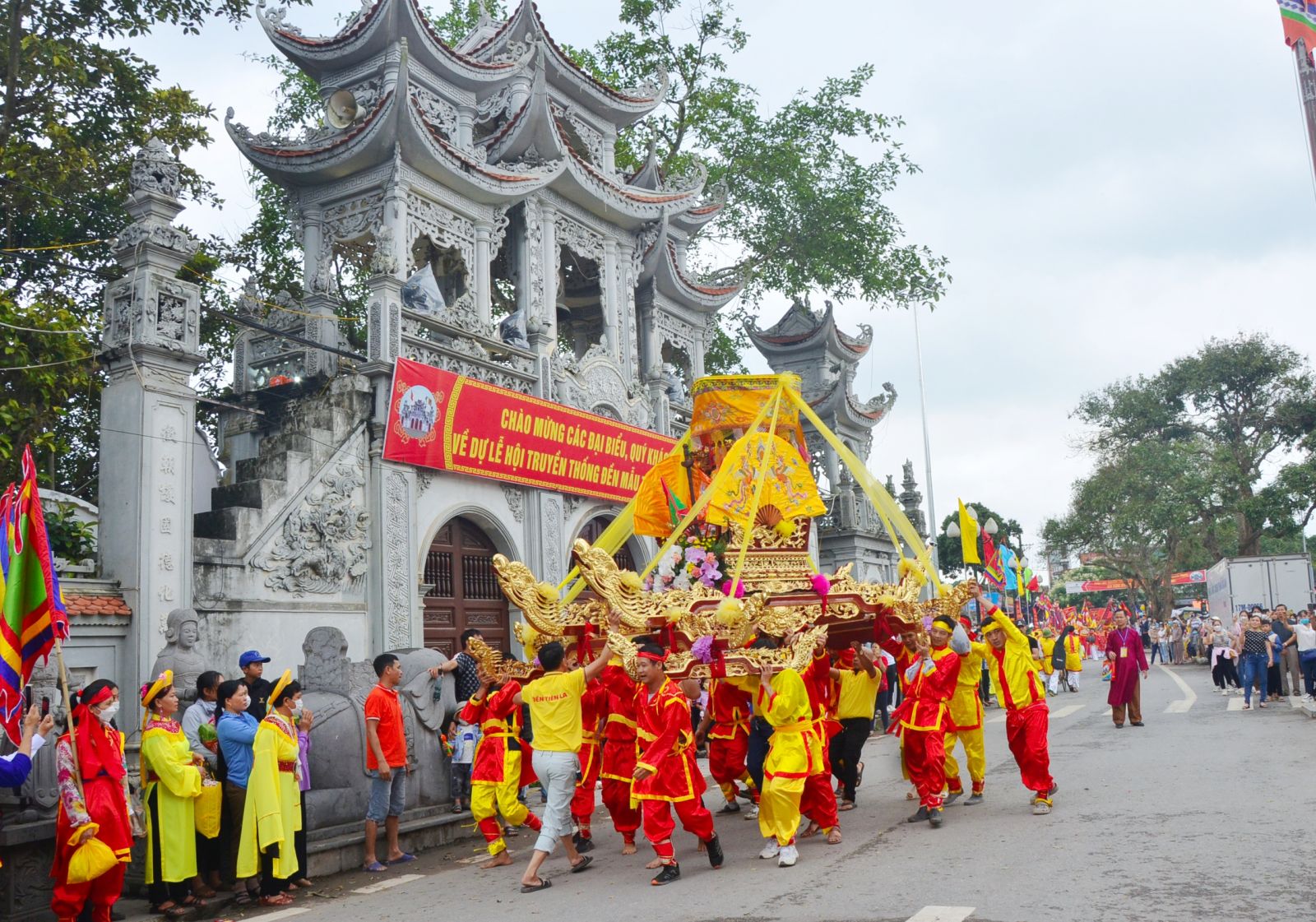

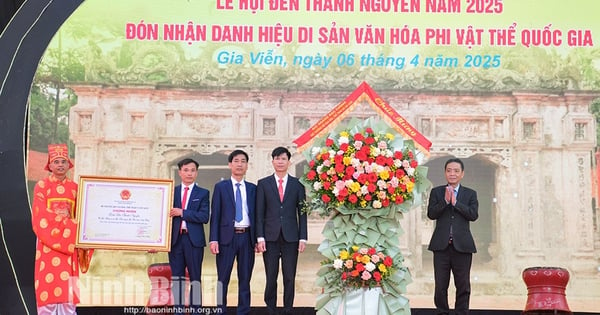



















![[Photo] Welcoming ceremony for Chinese Defense Minister and delegation for friendship exchange](https://vstatic.vietnam.vn/vietnam/resource/IMAGE/2025/4/17/fadd533046594e5cacbb28de4c4d5655)






















![[Video] Viettel officially puts into operation the largest submarine optical cable line in Vietnam](https://vstatic.vietnam.vn/vietnam/resource/IMAGE/2025/4/17/f19008c6010c4a538cc422cb791ca0a1)



















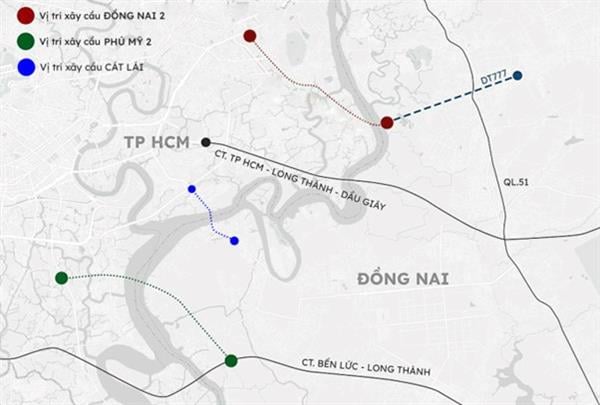


















Comment (0)